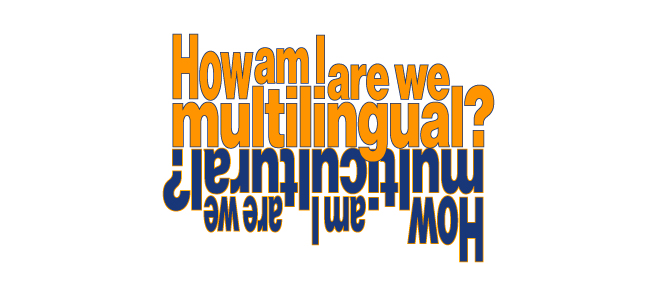
Nearly 60% of the world population speaks at least two or more languages. Multilingualism, in the EU’s view, is an important element in Europe’s competitiveness. One of the objectives of the EU's language policy is therefore that every European citizen should master two other languages in addition to their mother tongue.
In this seminar, we will reflect on our own plurilingualism and get to know tools that help us in the self-evaluation of our own language skills. We will take a closer look at the differences between specific terms such as multi- and plurilingualism, code-switching and translanguaging. Furthermore, a closer look at the plurilingual and pluri-cultural competences will help us focus on cultural aspects that are linked to language itself.
The seminar starts with a pre-task that is a prerequisite for the attendance of the synchronous part that will take place online. The plenary session includes various group- and partner-activities.
